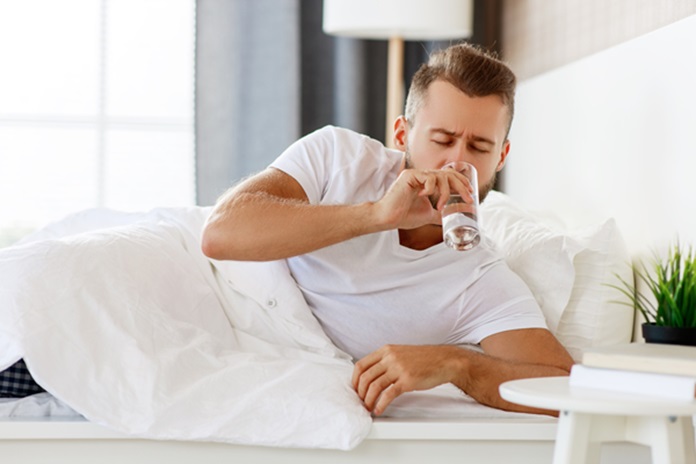Water is essential for human health and well-being as it plays a critical role in numerous bodily functions. Drinking an adequate amount of water helps regulate body temperature, aids in digestion, and lubricates joints. Similarly, Hydration plays a crucial role in shaping the quality and duration of our sleep. Dehydration can be a barrier to sleep while insufficient sleep may elevate the chances of being dehydrated. Likewise, drinking too much water can lead to excess urination which may lead to sleep interruptions.
In this article, we will explore the intricate relationship between hydration and sleep, providing insights and practical advice for enhancing your sleep quality through proper hydration.
The Importance of Hydration for Overall Health
Water is a basic need for human beings. Water is a crucial component in numerous bodily functions which comprises about 60% of our body weight. Less intake of water may cause dehydration which can disrupt our body’s natural processes, decreasing physical performance, reduced cognitive function, and an overall sense of lethargy. These symptoms can weaken our ability to fall asleep or maintain deep sleep. Adequate hydration helps the body’s natural healing processes like efficient cellular repair and regeneration which are most active during the restorative phases of sleep.
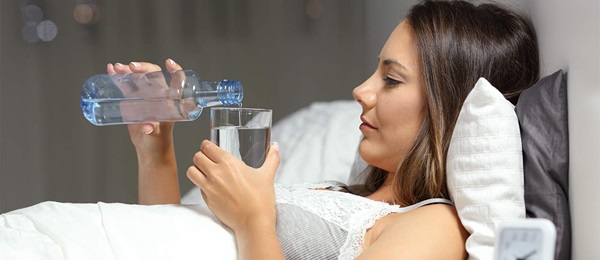
Finding the right balance of fluid intake can improve overall health and contribute to better sleep without frequent bathroom trips or dehydration upon waking up.
Understanding the Connection Between Hydration and Sleep
A hydrated body can influence our sleep quality as it helps to maintain the balance of minerals and fluids that facilitate natural sleep-inducing mechanisms in the body. On the other hand, dehydration may cause disturbances in these mechanisms, resulting in difficulty initiating or maintaining sleep.
Moreover, those who are suffering from dehydration may experience extreme tiredness, lethargy, or fatigue. Headaches, dry mouth and nasal passages, and muscle cramps are other symptoms of dehydration which makes it harder to sleep well.
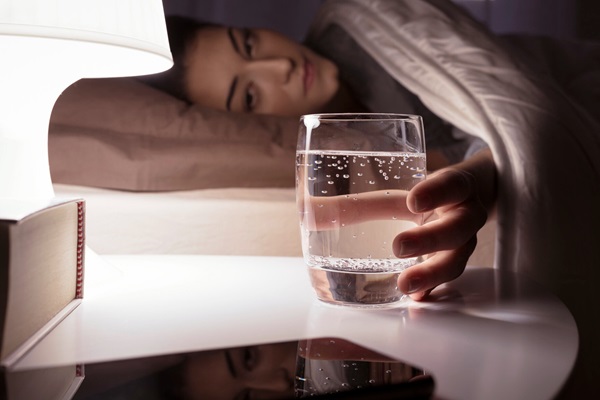
On the other hand, excess intake of water may also cause sleeping problems. Drinking a lot of water before bed may cause frequent urination which can interrupt sleep with repeated trips to the bathroom. People suffering from Nocturia have to struggle to fall back asleep after getting up from bed.
Research shows that individuals who sleep for only six hours a night have a higher risk of dehydration compared to those who sleep for eight hours.
Also read, Sleep and Weight Management: How Lack of Sleep Affects Metabolism
The Role of Water in Regulating Body Temperature During Sleep
Body Temperature plays and significant part in the sleep-wake cycle. Our body temperature naturally dips at night, signaling to the brain that it’s time to sleep. This procedure is important for initiating sleep and maintaining deep sleep phases.
Moreover, good intake of water enhances the body’s ability to regulate temperature through sweating and respiration, processes that naturally cool the body. These processes can be less efficient when we’re dehydrated which potentially leads to overheating and difficulty sleeping.
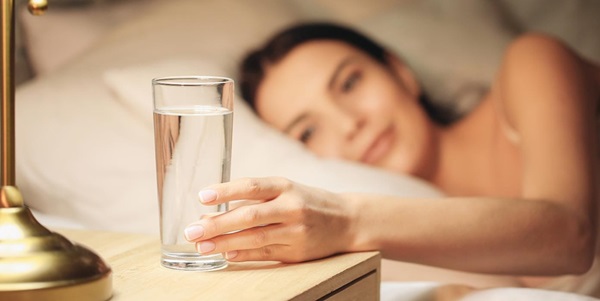
In addition, Proper hydration helps regulate body temperature and prevents sleep disruptions caused by night sweats and hot flashes. By maintaining proper hydration, we support our body’s natural ability to adjust its temperature, promoting uninterrupted sleep.
The Effects of Caffeine and Alcohol on Hydration and Sleep
While hydration can improve sleep quality, some beverages can have the opposite effect. Drinks that contain high amounts of alcohol, caffeine, and sugar are most likely to perform as diuretics in the body and promote dehydration
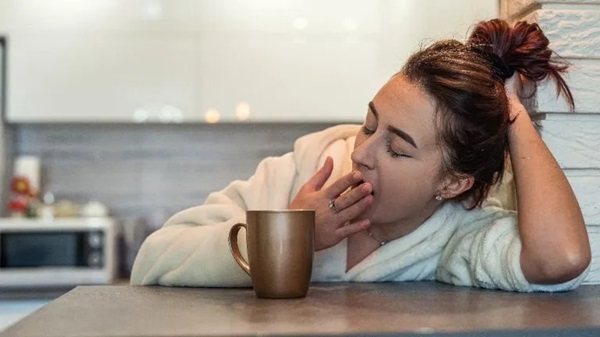
Caffeine can also make it harder to fall asleep as it can also interfere with the body’s sleep-wake cycle. Likewise, Alcohol might initially induce sleepiness but disrupt the sleep cycle later, particularly the REM sleep phase. Avoiding excess consumption of caffeine and alcohol, especially in the hours leading up to bedtime, can help prevent their disruptive effects on sleep and hydration.
Foods and Drinks That Promote Hydration and Better Sleep
Certain foods and drinks like teas, such as chamomile and peppermint can also contribute to your hydration status and improve sleep quality. Foods that contain high water and essential minerals like magnesium and potassium can also help to improve good quality sleep.
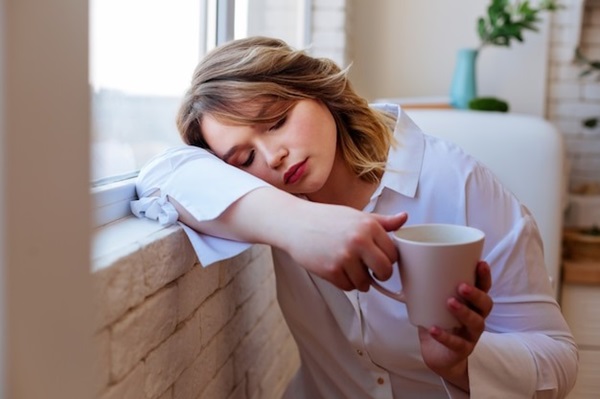
Almonds and spinach contain magnesium helps to relax muscles and induce sleep whereas potassium, present in bananas and sweet potatoes, aids in sleep regulation. Consuming these hydration-promoting foods and drinks can help maintain your fluid balance and support better sleep.
Tips for Staying Hydrated Throughout the Day
It’s important to stay hydrated throughout the day, not just before bed. Here are some tips to help you meet your hydration goals:
- Start your day with a glass of water: It helps replenish fluids lost during the night and kickstarts your hydration for the day.
- Keep a water bottle handy: Having water within reach encourages more frequent sipping, making it easier to stay hydrated.
- Pay attention to your body’s cues: Thirst is an obvious sign of dehydration, but other indicators include dry mouth, fatigue, and dark-colored urine.
- Incorporate water-rich foods into your diet: Fruits and vegetables like cucumbers, oranges, and watermelons can boost your hydration.
- Set reminders to drink water: In our busy lives, it’s easy to forget to hydrate. Setting reminders on your phone or computer can help maintain regular hydration habits.
You may also like to read: “Sleep and Exercise: The Surprising Link Between Physical Activity and Quality Rest”
